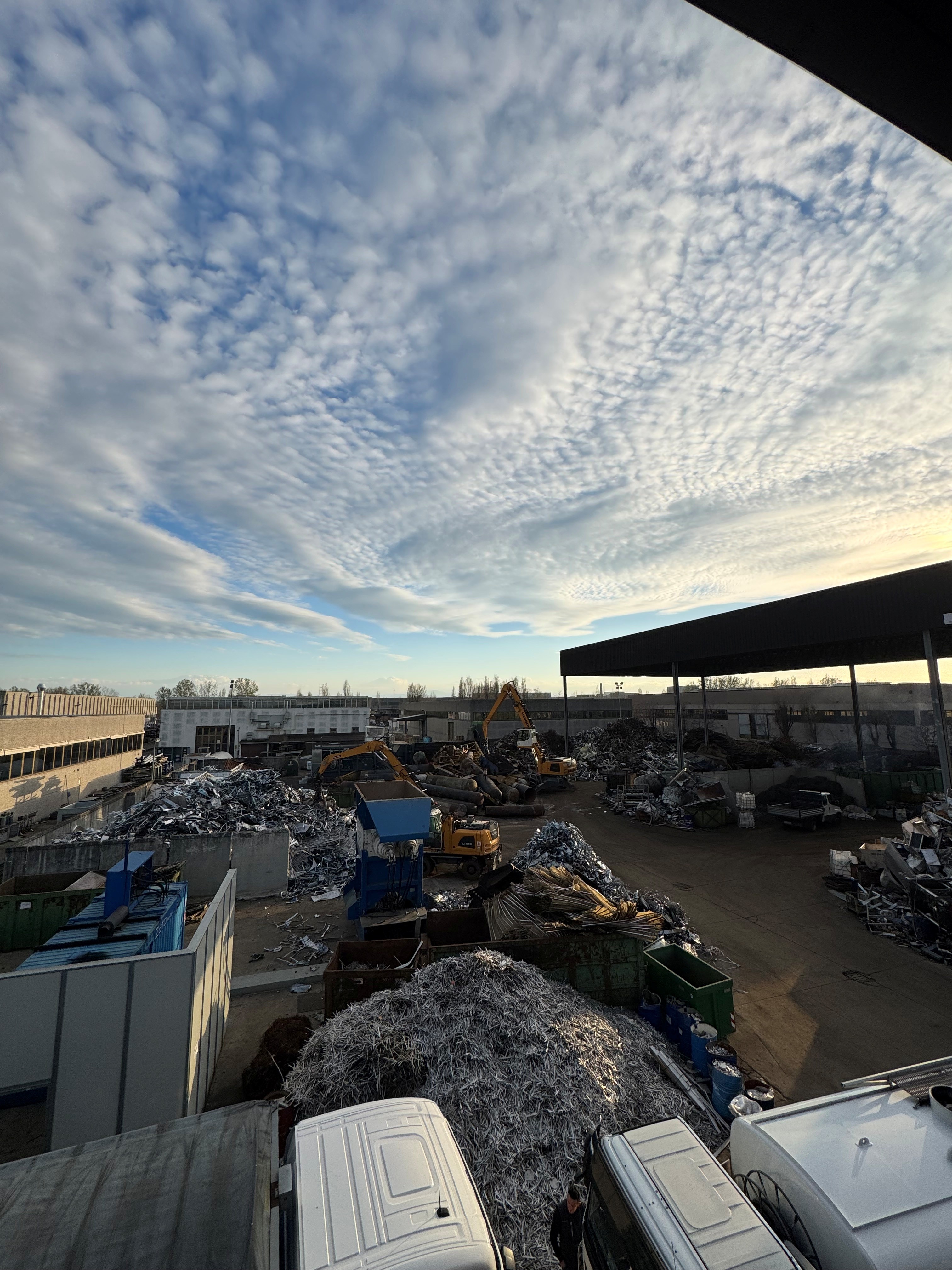

Fiducia Srl Società Benefit

Province of Parma, Italy
February 2025
Materials recovery & recycling
Manufacturing
Italy
Fiducia è un’azienda ubicata a Parma che si occupa di recupero e lavorazione di materiali ferrosi. Mettiamo al centro dei nostri servizi il recupero dei rottami metallici e ferrosi, la loro lavorazione e la trasformazione finale, che li avvia a nuova vita. È grazie alla fase conclusiva di riciclo che i residui vengono reintrodotti sul mercato e reimmessi nel ciclo produttivo di aziende siderurgiche e fonderie italiane ed europee. Grazie ad un assortito parco automezzi, possiamo ritirare i rifiuti direttamente dai fornitori (industrie, carpenterie, officine etc.), seguendo in prima persona sia il ritiro dei residui ferrosi e non ferrosi sia il loro trasporto in sede. Fiducia, onestà e fidelizzazione sono valori alla base del nostro modo di fare business
Overall B Impact Score
Governance 15.8
Governance evaluates a company's overall mission, engagement around its social/environmental impact, ethics, and transparency. This section also evaluates the ability of a company to protect their mission and formally consider stakeholders in decision making through their corporate structure (e.g. benefit corporation) or corporate governing documents.
What is this? A company with an Impact Business Model is intentionally designed to create a specific positive outcome for one of its stakeholders - such as workers, community, environment, or customers.
Workers 24.2
Workers evaluates a company’s contributions to its employees’ financial security, health & safety, wellness, career development, and engagement & satisfaction. In addition, this section recognizes business models designed to benefit workers, such as companies that are at least 40% owned by non-executive employees and those that have workforce development programs to support individuals with barriers to employment.
Community 19.3
Community evaluates a company’s engagement with and impact on the communities in which it operates, hires from, and sources from. Topics include diversity, equity & inclusion, economic impact, civic engagement, charitable giving, and supply chain management. In addition, this section recognizes business models that are designed to address specific community-oriented problems, such as poverty alleviation through fair trade sourcing or distribution via microenterprises, producer cooperative models, locally focused economic development, and formal charitable giving commitments.
Environment 34.7
Environment evaluates a company’s overall environmental management practices as well as its impact on the air, climate, water, land, and biodiversity. This includes the direct impact of a company’s operations and, when applicable its supply chain and distribution channels. This section also recognizes companies with environmentally innovative production processes and those that sell products or services that have a positive environmental impact. Some examples might include products and services that create renewable energy, reduce consumption or waste, conserve land or wildlife, provide less toxic alternatives to the market, or educate people about environmental problems.
What is this? A company with an Impact Business Model is intentionally designed to create a specific positive outcome for one of its stakeholders - such as workers, community, environment, or customers.
Customers 4.1
Customers evaluates a company’s stewardship of its customers through the quality of its products and services, ethical marketing, data privacy and security, and feedback channels. In addition, this section recognizes products or services that are designed to address a particular social problem for or through its customers, such as health or educational products, arts & media products, serving underserved customers/clients, and services that improve the social impact of other businesses or organizations.